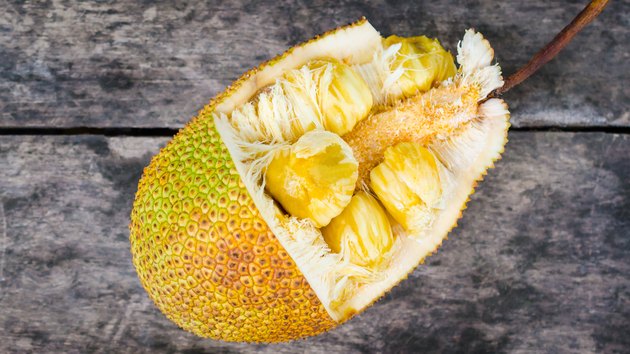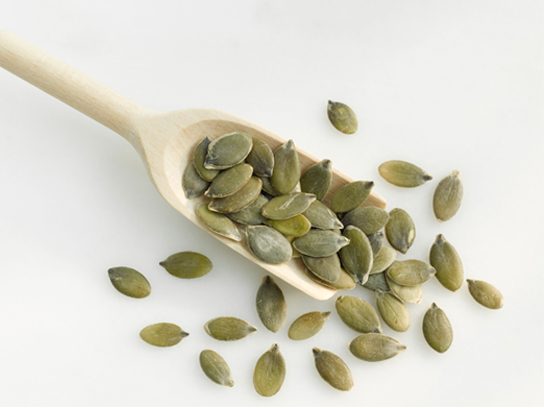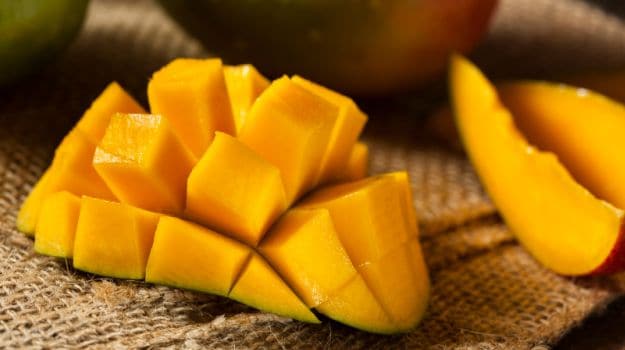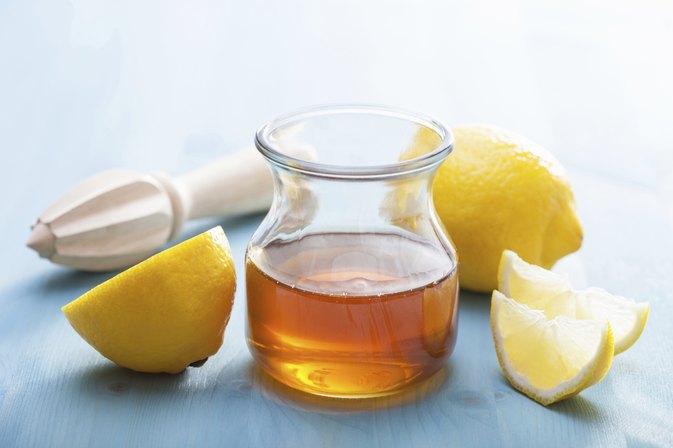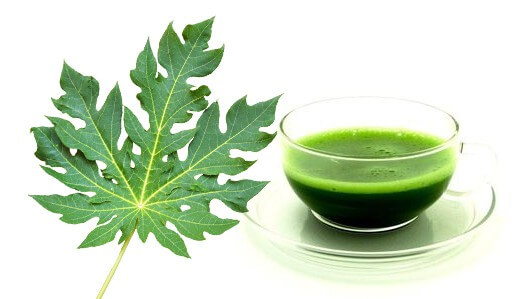Blueberries are named for their deep blueish-purplish hue. They are delicious, nutritious and contain vitamins, minerals, and antioxidants which are bursting with notable health benefits.
Packed with antioxidants and flavonoids, these berries are also high in potassium and vitamin C, making them the top choice of doctors and nutritionists. They are anti-inflammatory and may lower your risk of heart disease and cancer, when eaten regularly in the right amount.
According to a research led by the University of East Anglia, in collaboration with colleagues from Harvard and across the UK, eating a cup of blueberries (approximately 150g) a day reduces risk factors for cardiovascular disease.
Blueberries are among the most nutrient-dense berries. A 1-cup (148-gram) serving of blueberries contains (1):
Fiber: 4 grams
Vitamin C: 24% of the RDI
Vitamin K: 36% of the RDI
Manganese: 25% of the RDI
Small amounts of various other nutrients.
The following are some of the potential health benefits of blueberries.
1. Protect Against Heart Diseases
Blueberries are chock full of vitamin C, vitamin B6, fiber, potassium, folate and phytonutrients that support heart health. These berries are also cholesterol-free, which are beneficial to the heart. Fiber content helps to reduce the total amount of cholesterol in the blood and decrease the risk of heart disease.

Vitamin B6 and folate prevent the buildup of a compound known as homocysteine. Excessive buildup of homocysteine in the body can damage blood vessels and lead to heart problems.
A study from the Harvard School of Public Health and the University of East Anglia, in the United Kingdom (U.K.) found that women (young and middle-aged women) who consumed at least three servings of blueberries or strawberries per week showed the best results in reducing the risk of heart attack.
2. Reduce DNA Damage, Which May Help Protect Against Aging and Cancer
Oxidative DNA damage is an inevitable part of everyday life. This process occurs tens of thousands of times per day in every cell throughout your body.
As blueberries are high in antioxidants, they can neutralize some of the free radicals responsible for damaging your DNA.
In one study, 168 people drank 34 ounces (1 liter) of a mixed blueberry and apple juice daily. After four weeks, oxidative DNA damage due to free radicals was reduced by 20% .
These findings agree with smaller studies that use either fresh or powdered blueberries.
3. Prevent Cancer
The various phytonutrients, Vitamin C, and vitamin A found in blueberries provide powerful antioxidants that may help protect cells against free radicals that cause diseases.
Researches have found that antioxidants may inhibit tumor growth, decrease inflammation in the body, and help ward off or slow down esophageal, lung, mouth, pharynx, endometrial, pancreatic, prostate, and colon cancers.
Folate in blueberries also plays a role in DNA synthesis and repair. This can prevent the formation of cancer due to mutations in the DNA.
4. May Lower Blood Pressure
High blood pressure is a major risk factor for heart disease.
In an eight-week study, obese people who had had a high risk of heart disease saw a 4–6% reduction in blood pressure after consuming 2 ounces (50 grams) of blueberries per day.
Other studies have observed similar effects — especially for postmenopausal women
5. Help Maintain Brain Function and Improve Memory
Population-based studies have shown that consumption of blueberries is connected to slower cognitive decline in older women.
Studies have also found that in addition to reducing the risk of cognitive damage, blueberries can also improve a person’s short-term memory and motor coordination.
6. Prevent Constipation
Blueberries are high in insoluble fiber, which help maintain regularity in the digestive tract and ultimately can prevent constipation. The skin adds extra fiber and they’re over 50% water.
7. May Help Prevent Urinary Tract Infection (UTI)
If you suffer from UTI frequently, take heart that eating blueberries or drinking blueberry juice may help prevent this type of infection.
Cranberry juice is well known for preventing UTI but if you find cranberry juice a tad tart for your liking, you can try blueberry juice.
As blueberries are closely related to cranberries, they boast many of the same active substances as cranberry juice. These substances are called anti-adhesives and help prevent bacteria like E. coli from binding to the wall of your bladder.
Blueberries have rarely been studied for their impact on UTIs, but they likely have similar effects as cranberries.
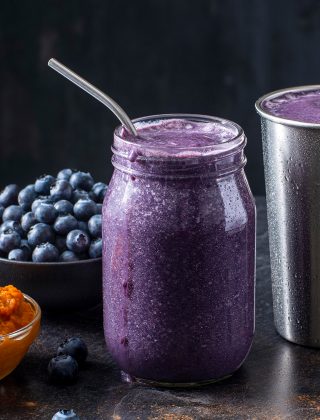
All year round, wherever you are, you can make any day better with a boost of delicious and healthy blueberries.
Blueberries taste great, the blueish-purplish hue is enticing, they boost your heart health, brain function and numerous other aspects of your body. Blueberries can be eaten fresh, frozen, dried and there are endless ways to enjoy them. What’s not to love about blueberries?


